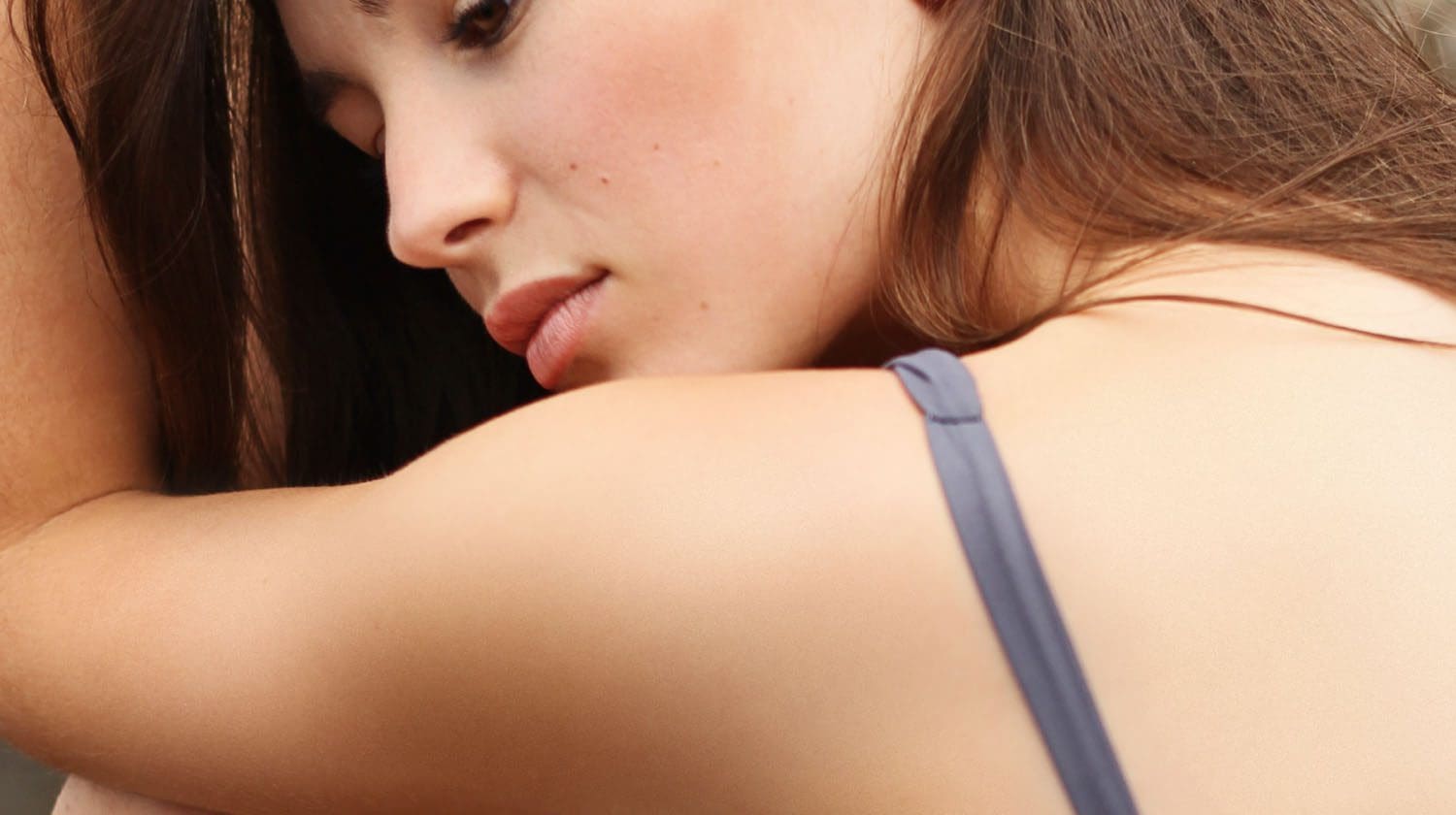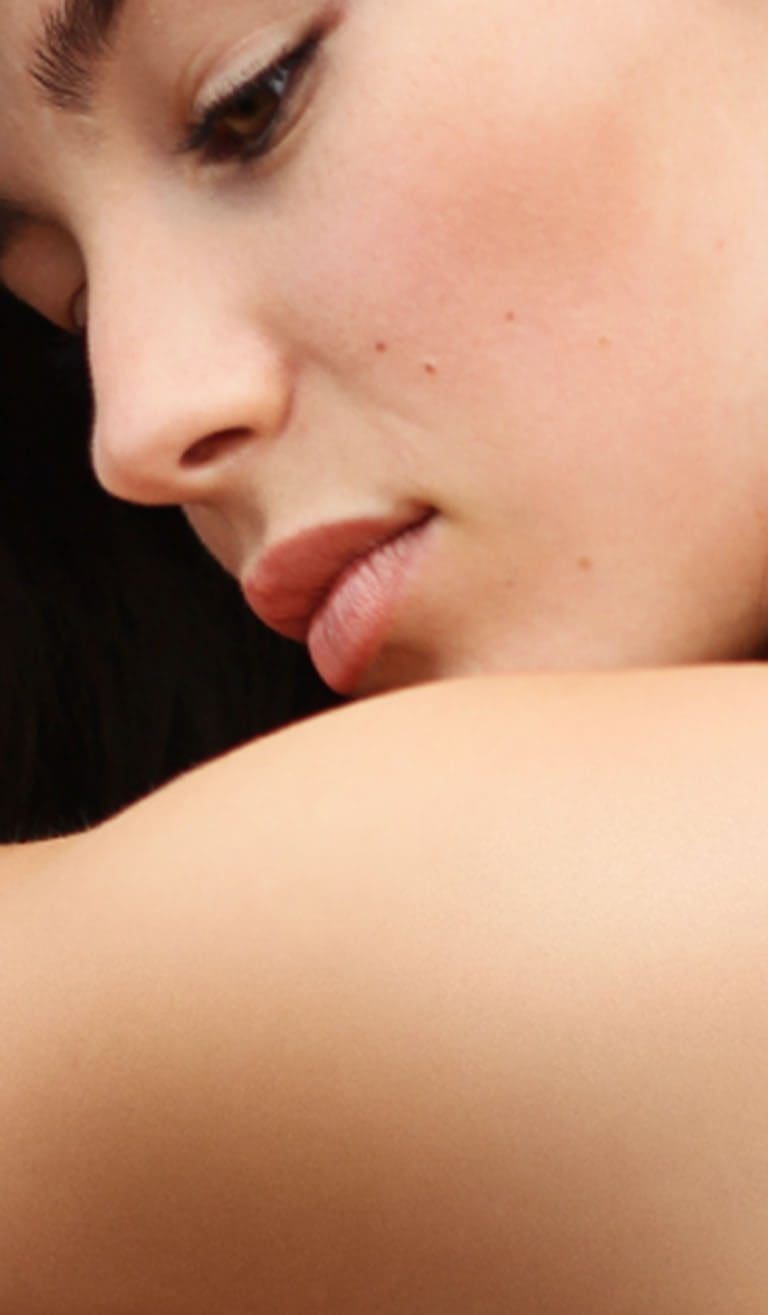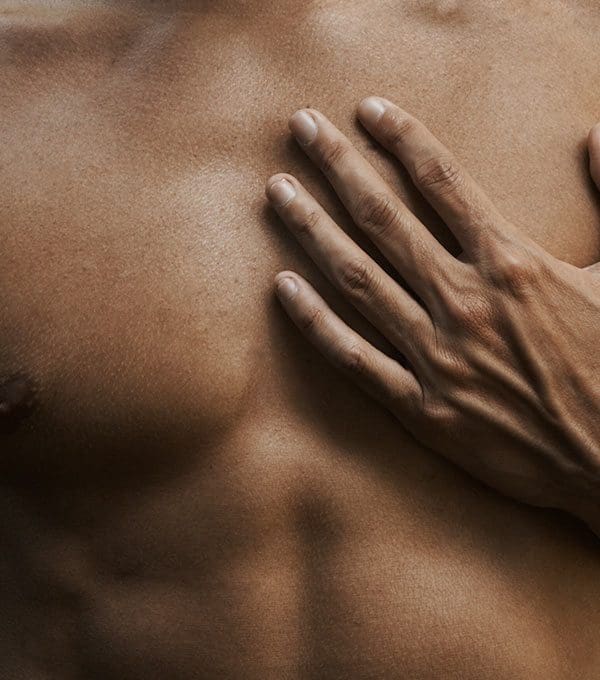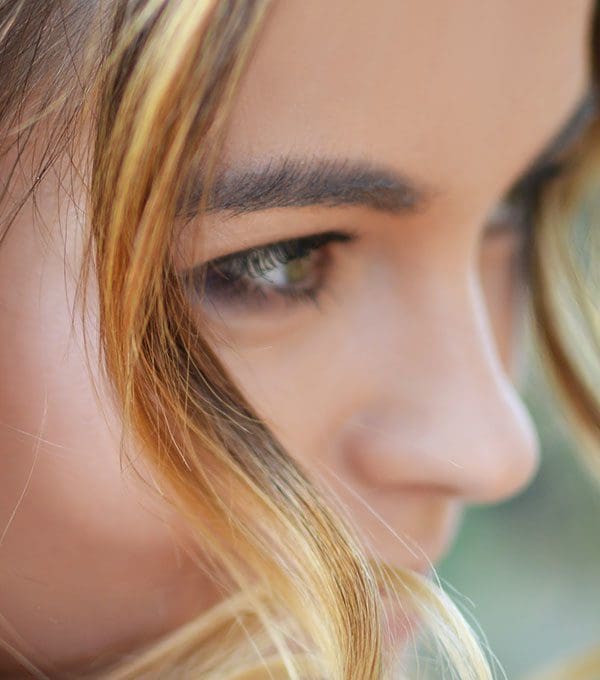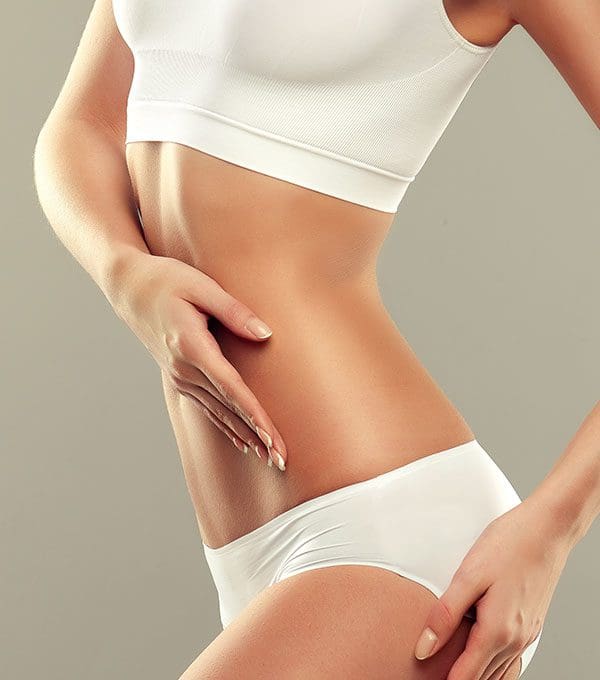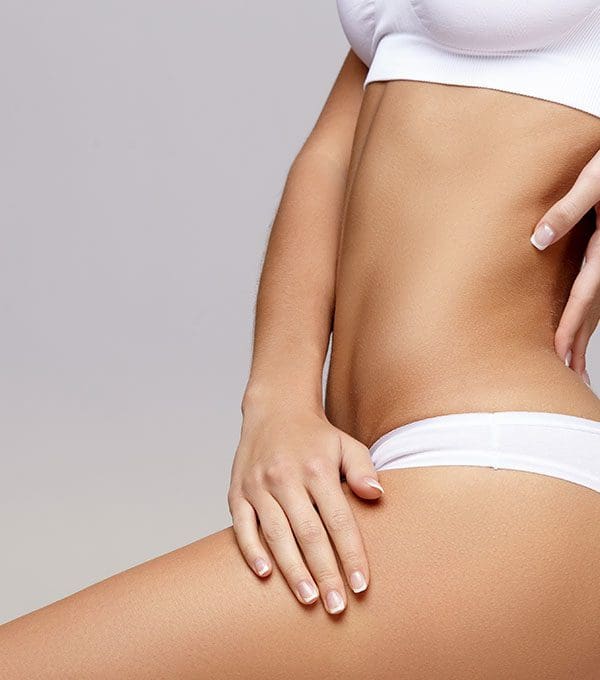Acne Treatments
How Does Roaccutane Work?
Are you someone who suffers from chronic acne? Have you tried every acne treatment under the sun but nothing seems to reduce your breakouts? If this is the case, you’ve probably heard of the brand name Roaccutane, also known as Isotretinoin. It is an acne treatment that has been helping sufferers finally get the clear skin they desire.
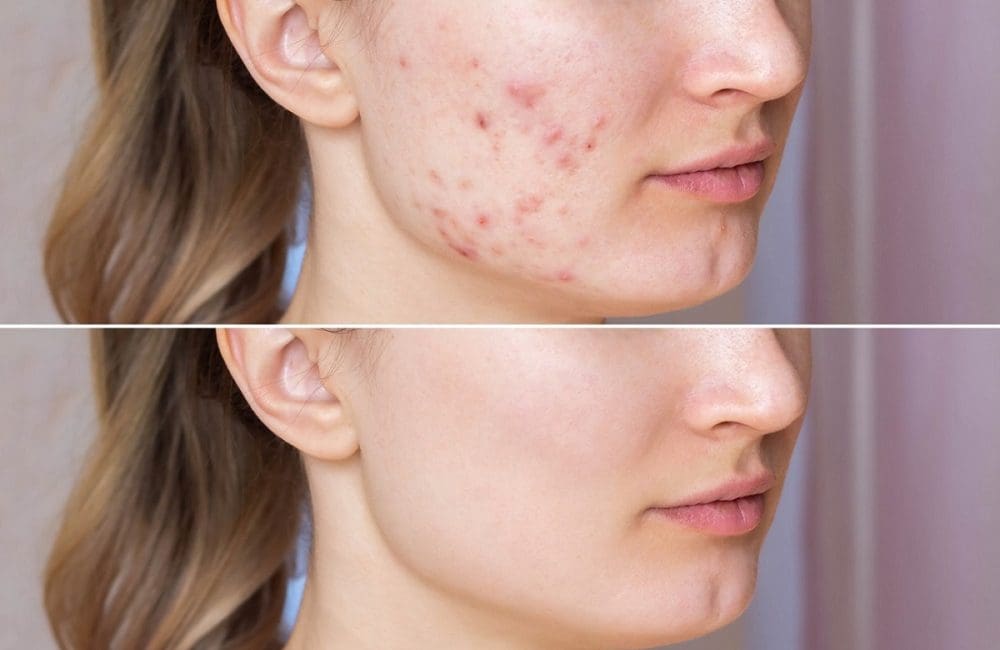
But how does Roaccutane work? And is it the right treatment for you? We have put together this comprehensive guide, so you have all the information you need before you discuss receiving Roaccutane treatment from your dermatologist.
What is Roaccutane?
Roaccutane is a brand name for Isotretinoin, which is a prescription medication used to treat severe acne. Roaccutane is used when the person suffering from acne is not responding to any other treatments. It’s a type of retinoid derived from Vitamin A and is known to be highly effective in clearing acne breakouts.
How does Roaccutane work?
Before we go into how the brand name Roaccutane works, we need to establish what causes bad breakouts of acne.
Basically, just below the surface of the skin are sebaceous glands, which are attached to our hair follicles. Sebaceous glands produce sebum, which is there to help keep the hairs on our face and our skin lubricated instead of drying out.
However, when people suffer from acne, the sebaceous glands are working in overdrive and, therefore, producing too much sebum. This causes the hair follicles to get clogged up, and it can lead to the development of bacteria on the skin, which causes infection. The infection is presented as a painful spot. With a large number of these spots, that’s when you get acne.
So, Roacctuane works by preventing this process from happening. It calms down the sebaceous glands and reduces how much sebum is being produced. It also kills the bacteria on the skin that leads to the spots. During breakouts, it also has anti-inflammatory properties, which reduce redness and swelling on the skin.
Why is Roaccutane prescribed, and who can benefit?
Many people suffer from acne, so why isn’t Roaccutane or Isotretinoin treatment prescribed to all these people? It’s because it comes with some side effects and potential complications that are best avoided.
However, if teenagers and adults have severe acne that has not responded to other treatments, then it may be prescribed by a dermatologist. They are most likely to get the most out of the treatment in spite of the side effects compared to those who’s spots are reduced by alternatives.
What are the benefits of Roaccutane?
When taking the brand name Roaccutane, those who suffer from acne will experience a wide range of benefits. Here are some of the main advantages you can expect to see taking Isotretinoin therapy:
Reduces acne breakouts
The main use and benefit of Roaccutane is that it treats severe acne and reduces the chance of any more breakouts occurring. It is best for types like cystic and nodular acne, especially when no other acne treatments or alternatives have worked.
Roaccutane works by reducing the size of the sebaceous glands below the skin and reducing how much sebum it secretes. This gets rid of the main cause of acne, and therefore, there are fewer spots on the skin as a result. Often, taking Roaccutane or Isotretinoin capsules will lead to a permanent reduction in acne breakouts or at least a significant decrease.
Prevents scarring on the skin
Something that people suffering from acne will know all too well is the scarring that comes alongside it. Acne scars can make people feel self-conscious, and they are hard to get rid of once there. However, Roaccutane reduces the size, severity, and number of acne lesions or spots on the skin. Due to this, it prevents acne scarring.
Scars appear on the skin when inflammatory acne is trying to heal itself, especially if it has been picked or broken open. Roaccutanes anti-inflammatory properties, therefore, reduce the chances of scarring occurring in the first place.
Lowers the chances of hyperpigmentation
Another thing that acne sufferers often experience is post-inflammatory hyperpigmentation, also known as dark spots. These appear on the skin after acne starts to heal, especially if you’re someone with a darker skin tone. It’s not exactly scarring, but it can still make you feel self-conscious when you have them on your skin.
Luckily, Roaccutane reduces inflammation and gets rid of acne occurring on the skin. This, in turn, prevents dark spots from ever occurring, which lowers the chance of having hyperpigmentation on the skin. You can have a more even skin tone and feel more confident than ever.
Enhances the skin
Everyone wants clear, glowing skin, and that’s exactly what Roaccutane can give those who suffer from severe acne. Instead of worrying about how you’re going to cover up your spots this week, you’ll have an overall improved texture of the skin. This is due to the fact it promotes proper skin cell turnover, making your skin smoother and less oily.
Just like other retinoids that a lot of people add to their daily skincare routines, Roaccutane stimulates collagen production in your skin. This leads to a better healing process of spots instead of leading to scars, which improves the overall appearance of your face. It also comes with the added benefit of reducing fine lines and wrinkles.
Who shouldn’t take Roaccutane?
Unfortunately, Roaccutane isn’t for everyone, and there are certain groups of people where it is unsafe and shouldn’t take it. For example, if you are pregnant or breastfeeding, you should keep it far away from you as it may cause harm to the child. The risks are so high that those who are prescribed Roaccutane are advised against pregnancy during treatment.
Here are the other groups of people who shouldn’t take Roaccutane:
- Those suffering from mental illness
- People with liver or kidney disease
- Those who have high cholesterol
- Individuals with high vitamin A
- People with Crohn’s disease or ulcerative colitis
- Those who are allergic to Isotretinoin
How long does Roaccutane take to work?
We understand that when you suffer from severe acne, you might be anxious to start treatment straight away and hope to see immediate results. However, that is unlikely.
On the plus side, it doesn’t take that long to see your skin clear up from acne when taking Roaccutane. In fact, if you take the treatment as directed by your dermatologist, you should start to see differences in your skin from a week to 10 days.
It’s good to note that before your skin gets better, it might get worse, so don’t panic too much if it happens. Once your skin starts to clear, the entire course of treatment will last for around four to six months, as advised by your doctor. Most people’s skin is completely clear after finishing treatment.
What are the possible side effects of Roaccutane?
As we previously mentioned, dermatologists are normally cautious about prescribing Roaccutane because it may cause severe side effects. Some people may not experience any at all, but it’s best to note that there’s a chance of the following:
- The most common side effect is dryness of the skin, lips, eyes, and nasal passages.
- You may experience increased sensitivity to sunlight, where you have a higher chance of your skin burning.
- Roaccutane has been known to elevate cholesterol, which increases your chance of stroke and heart disease.
- The treatment has been known to affect changes in liver function.
- You might experience changes in mood, such as feelings of depression or anxiety.
- If you suffer from inflammatory bowel disease, Roaccutane might exacerbate this condition.
- There’s a chance of experiencing aches and pains around your joints and muscles, especially after exercise.
- You could potentially experience dry eyes, which may impact your night vision.
- Even though you’re reducing acne, Roaccutane might lead to other skin conditions like eczema.
- There are high pregnancy risks with Roaccutane as it can cause severe birth defects or even lead to miscarriage.
- You might experience an allergic reaction if you have an allergy to Isotretinoin or any other ingredients in the capsules.
- There’s a small chance you might experience changes in your blood sugar levels.
Summary
Roaccutane, or Isotretinoin, is an extremely effective treatment for those suffering from severe acne as it reduces the sebum production and secretion below the skin’s surface. It can also reduce scarring, hyperpigmentation, and inflammation on the face. However, the treatment is not for everyone and should be taken with precautions when prescribed.
If you wish to know more about Roaccutane and receiving a prescription, you can talk to the experts at Botonics. We have some of the most skilled and experienced specialists in the industry when it comes to skincare and other cosmetic enhancements.
Simply get in touch with us today, and we’ll be able to advise if you are a good candidate for Roaccutane.
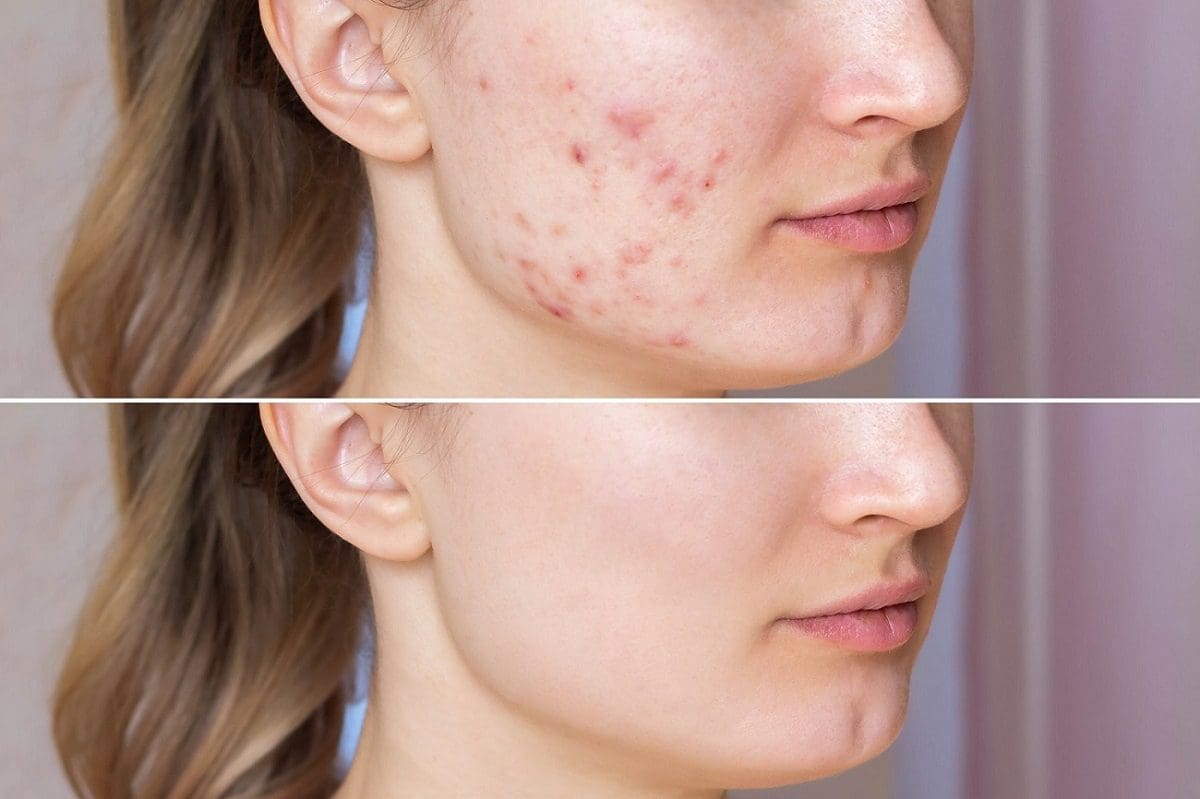
-
